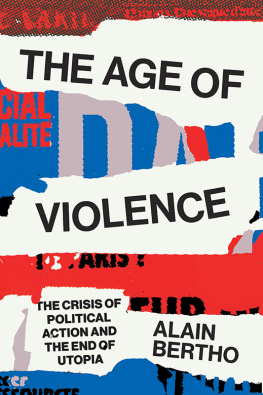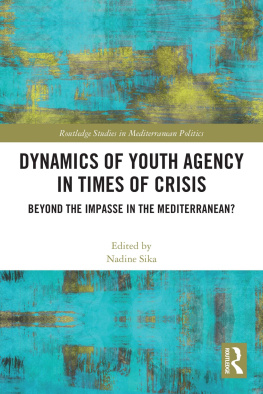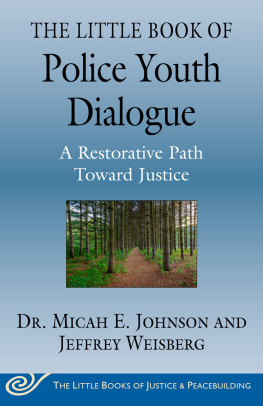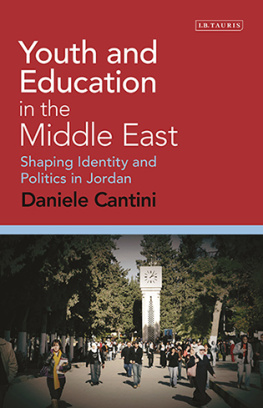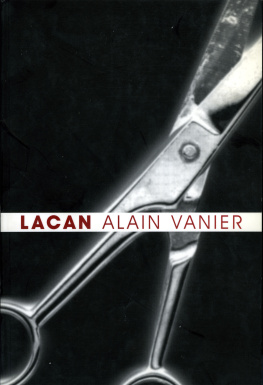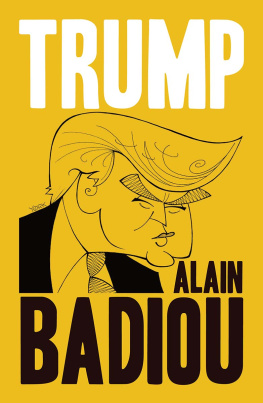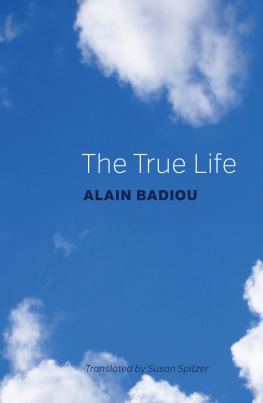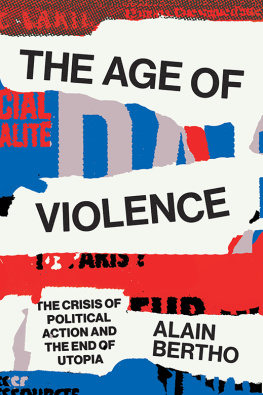Contents

Age of Violence
Age of Violence
The Crisis of Political Action
and the End of Utopia
Alain Bertho
Translated by David Broder

English-language edition first published by Verso 2018
Originally published in French as Les enfants du chaos
ditions La Dcouverte 2016
Translation David Broder 2018
All rights reserved
The moral rights of the authors have been asserted
1 3 5 7 9 10 8 6 4 2
Verso
UK: 6 Meard Street, London W1F 0EG
US: 20 Jay Street, Suite 1010, Brooklyn, NY 11201
versobooks.com
Verso is the imprint of New Left Books
ISBN-13: 978-1-78663-747-5
ISBN-13: 978-1-78663-749-9 (UK EBK)
ISBN-13: 978-1-78663-748-2 (US EBK)
British Library Cataloguing in Publication Data
A catalogue record for this book is available from the British Library
Library of Congress Cataloging-in-Publication Data
Names: Bertho, Alain, author. | Broder, David, translator.
Title: The age of violence : the crisis of political action and the end of utopia / Alain Bertho ; translated by David Broder.
Other titles: Enfants du chaos. English
Description: English-language edition. | Brooklyn, NY : Verso, [2018] | Includes bibliographical references.
Identifiers: LCCN 2018020251 | ISBN 9781786637475 | ISBN 9781786637499 (UK ebk) | ISBN 9781786637482 (UK ebk)
Subjects: LCSH: Radicalism. | Social conflict. | Political violence. | YouthPolitical activity.
Classification: LCC HN49.R33 B47513 2018 | DDC 303.48/4dc23 LC record available at https://lccn.loc.gov/2018020251
Typeset in Minion by MJ & N Gavan, Truro, Cornwall
Printed in the US by Maple Press
Contents
FIGURES
TABLES
The contemporary disorder is within peoples heads, and not only in the situations each person finds themselves confronted with.
Georges Balandier
This book was still being written when the murderous attacks struck Paris and Saint-Denis on 13 November 2015. We are lost for words to describe the wilfully blind carnage, the hundreds of injured and the 130 lives wiped out lives reduced to a warning for those who want to meditate. So stunned are the survivors and witnesses, so much does the horror that grips us seem to annihilate our capacity to make sense of the drama or inscribe it in a wider narrative, that each of these dramas seems to make us forget the last.
This is what the Japanese novelist Haruki Murakami shows with such talent in his book Underground, in which he tries to understand the murderous sarin gas attack perpetrated by the Aum sect in the Tokyo metro in 1995.victims experience is the horror of a why? that has no answer. We saw this in France in January 2015, again in Tunisia in March of that same year, and once more after 13 November in Paris and Saint-Denis. When words are no longer enough, or there are no words to speak about the event, this is because it is unthinkable, in the proper sense of the word. Haruki Murakami shares this with us in the two-thirds of his book devoted to the metro passengers whose lives were devastated by the attack.
But it is the thinking of the authors of the act, or of those who could have been its authors, that gives the act its meaning and ensures its subjective continuity before, during and after. In giving voice to the members of Aum, the novelist allows us to understand a mentality shared both by them and by the much more peaceable Japanese in whose name the murders were perpetrated. He shows us that even though the passage lacte is always exceptional, it is rooted in a shared experience and vision of the world.
This is precisely the element we lack in trying to understand the 2015 attacks in Paris and the sudden emergence of jihadism on the French and global stages. And yet this affair has apparently been understood. It is said that a threat weighs heavily on the world: the radicalisation of Islam. The facts seem to speak for themselves. Mohammed Merah in Toulouse in 2012, Tamerlan and Dzhokhar Tsarnaev in Boston in 2013, Michael Zehaf-Bibeau in Ottawa and Man Haron Monis in Sydney in 2014, Yassine Labidi and Saber Khachnaoui at Tuniss Bardo Museum and Seifeddine Rezgui on the beaches of Sousse in 2015, like the Kouachi brothers and Amedy Coulibaly in January 2015 and the commando attackers of November 2015: all of them killed and died in the name of Allah. The self-proclaimed rebirth of the caliphate seems to function as an international catalyst for callings like these. On 23 May 2013 the Riposte Laque website headlined Merah-Boston-London: Islam wants us dead!did we not read, and hear, that the Muslim community had to get its own house in order?
One inescapable dimension of this situation is the fact that numerous Muslims (who, we should remember, make up the majority of Daeshs victims) are particularly traumatised by these murders perpetrated in the name of their faith. But we would maintain that in no sense is that faith, still less Muslims in general (a community that does not exist, as Olivier Roy reminds us), We all know that this is an era conducive to the most varied of murderous follies. Have we really forgotten that on 20 April 1999 fifteen people died in the Columbine shootings in Littleton, Colorado? That on 22 July 2011 the thirty-two-year-old Anders Behring Breivik shot down sixty-nine people on the Norwegian island of Utya? That on 17 June 2015 the twenty-one-year-old Dylann Roof murdered nine people in a church frequented by the black population of Charleston? That on 1 October 2015 the twenty-six-year-old Chris Harper-Mercer killed ten people at Oregons Umpqua University? None of these murderers was Muslim.
We should be investigating the violence in the world that leads suffering people to such extreme passages lacte.
We have to look the truth square in the face: the roots of these murderous and suicidal explosions of violence are not to be found in theological texts, but in the concrete social and political situations of France, Canada, the United States, the United Kingdom and Tunisia. We are dealing not with a radicalisation of Islam but with an Islamisation of the anger, disarray and despair of the lost children of a terrible era children who find meaning and weapons for their anger in jihad.
For years, we have been watching without understanding. All the elements are laid out in front of us, like pieces of a puzzle that we cannot and perhaps do not want to put together. On the contrary, we allow ourselves to be led astray by a fragmented reading of reality that of the section headings in the press or of the different silos into which governments divide their various policy areas. We thus treat the debt, the suburbs [banlieue], competitiveness, radicalisation, youth unemployment, social networks, the climate threat, the presence of French industry in China, the war on terror in Africa and the Middle East, and refugee deaths in the Mediterranean as separate phenomena.
For this reason, for years we have always been caught unawares by the event. When the deaths of two young men running from the police killed in an electricity substation in Clichy-sous-Bois in October 2005 unleashed three weeks of riots across France, there were a few of us sociologists, ethnologists and urbanists who said that the event had indeed been foreseeable. But let us be honest none of us saw it coming, even after working on and in the

